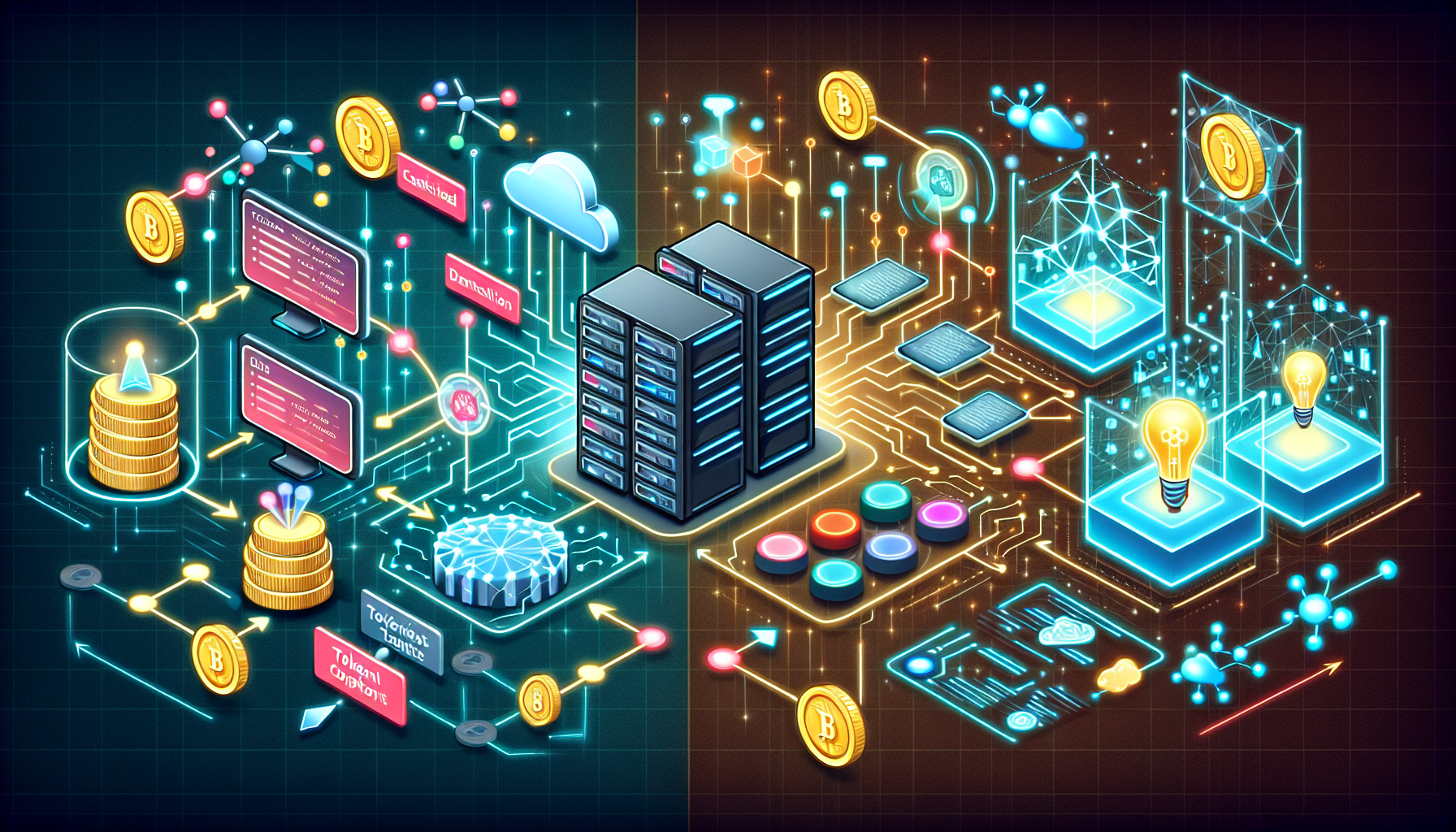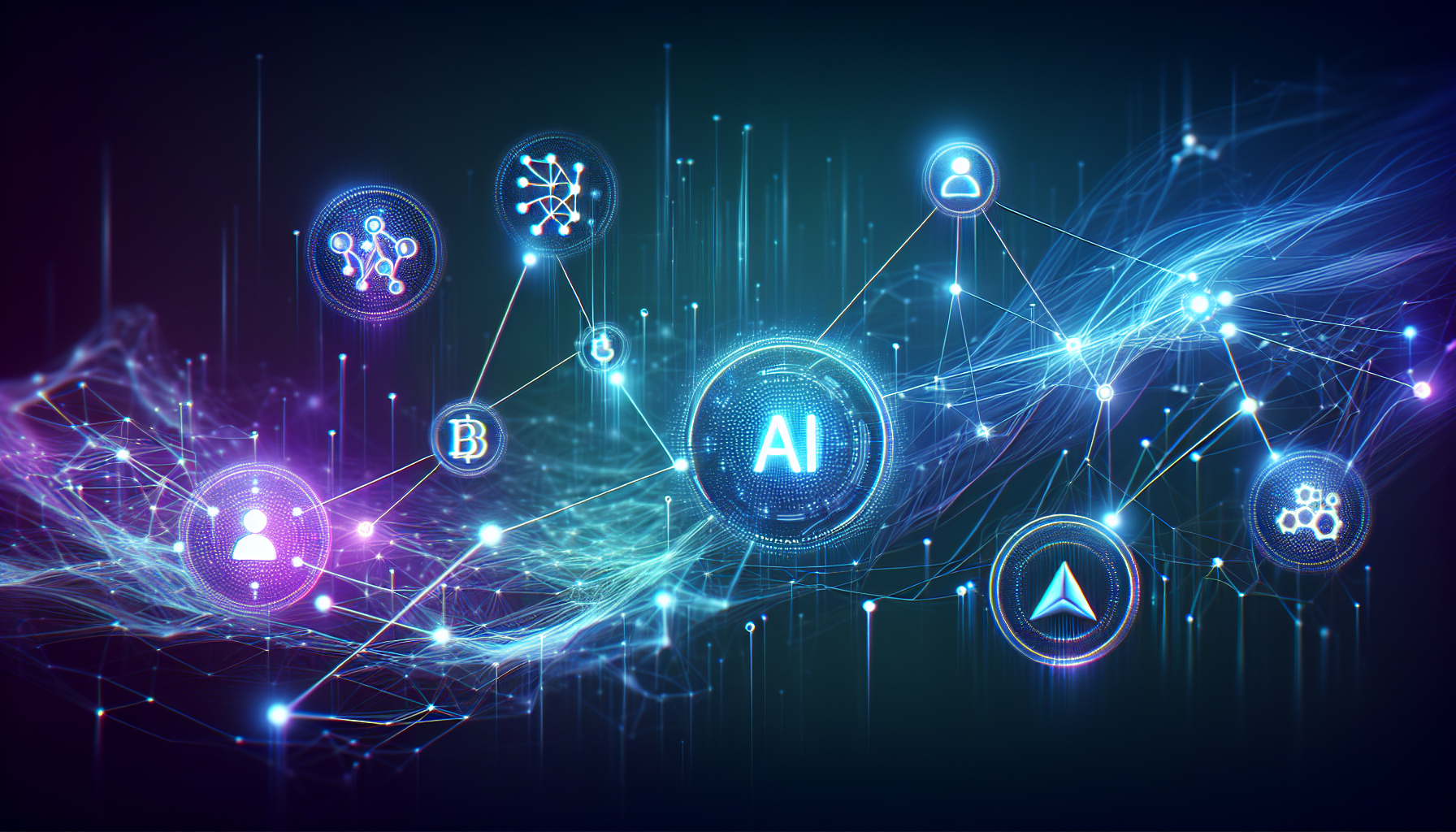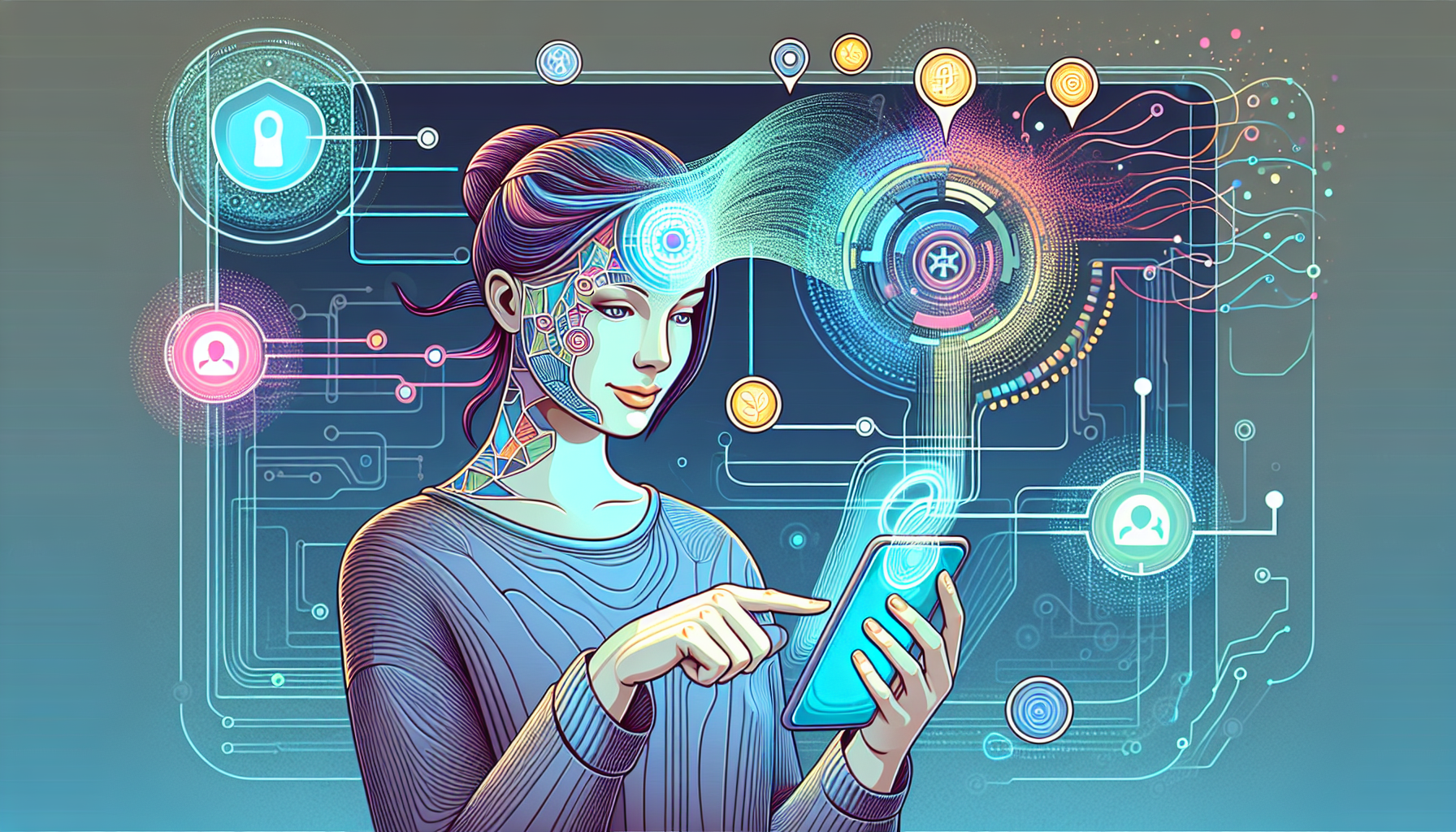Artificial intelligence is poised to impact every aspect of our lives, but its current trajectory, dominated by centralized systems, raises concerns about privacy, security, and equitable access. An alternative is emerging: decentralized AI. By leveraging technologies like blockchain and distributed computing, decentralized AI like AIGNE promises to address these concerns head-on. This article will delve into three compelling reasons why decentralization is the future of AI: enhanced data privacy and security, increased transparency and trust, and democratized access and development, all powered by the innovative use of tokenization and decentralized payments.
1. Enhanced Data Privacy and Security Powered by Tokenized Incentives

- The Problem with Centralization: As before, centralized AI relies on massive datasets stored in vulnerable servers. Users have little control and receive no benefit from using their data.
- Decentralization's Solution & The Tokenization Twist: Decentralized AI distributes data storage. Tokens enter the picture to incentivize individuals to share their data and computing power securely.
- Data ownership and monetization: Users can share specific data sets with AI projects and be compensated with tokens. This creates a data marketplace where individuals directly benefit from the value of their data.
- Secure payments for data: Token payments can be automated through smart contracts, ensuring transparent and efficient transactions without intermediaries.
- Incentivizing a secure network: Network participants who contribute to data storage and validation can be rewarded with tokens, promoting the security and integrity of the system.
- Example: Imagine an AI that helps with personalized education. Students could earn tokens to share their learning data, which would be securely stored in a decentralized manner. These tokens could then be used to access premium educational content or other services, creating a self-sustaining ecosystem.
2. Increased Transparency and Trust Facilitated by Tokenized Governance and Audits

- The Problem with Centralization: "Black box" AI and a lack of accountability remain key issues in centralized systems.
- Decentralization's Solution & The Tokenization Twist: Decentralized AI can leverage blockchain for transparency. Tokens can further empower community governance and incentivize auditing.
- Token-based voting: Token holders could participate in governance decisions, such as voting on which AI models to fund or how data should be used. This ensures community alignment and reduces the risk of centralized control.
- Incentivized audits: Developers and security experts can be rewarded with tokens for auditing AI models and identifying biases or vulnerabilities, ensuring higher quality and trustworthiness.
- Transparent payments for contributions: Contributions to model training, validation, or auditing can be transparently tracked and rewarded with tokens.
- Example: A decentralized AI platform for medical diagnosis could have a token-based system where doctors and researchers are rewarded for validating AI-generated diagnoses. This incentivizes rigorous scrutiny and enhances the reliability of the AI.
3. Democratized Access and Development Fueled by Tokenized Funding and Collaboration

- The Problem with Centralization: AI development remains concentrated in a few tech giants' hands, creating a high entry barrier.
- Decentralization's Solution & The Tokenization Twist: Decentralized AI opens up development. Tokens can revolutionize funding and create a more collaborative environment.
- Tokenized funding (e.g., ICOs/DAOs): Decentralized Autonomous Organizations (DAOs) can manage these funds transparently, ensuring they are used effectively.
- Micro-payments for AI services: Tokens can enable micro-payments for using AI models or accessing specific datasets. This allows developers to monetize their work directly and users to pay only for what they need.
- Global collaboration: Token-based incentives can attract developers and researchers worldwide, fostering a more diverse and inclusive AI ecosystem.
- Example: Imagine a decentralized platform for creating AI-powered art. Artists could use tokens to access powerful AI tools, collaborate with other artists, and sell their creations in a global marketplace, all facilitated by seamless token payments.
In Summary
Tokenization and decentralized payment systems are essential to unlocking the full potential of decentralized AI. ArcBlock is at the forefront of empowering individuals to integrate decentralized payment systems into their applications and services. By doing so, ArcBlock facilitates using economic incentives, governance mechanisms, and funding models necessary to create more secure, transparent, and equitable AI services. Discover more at www.aigne.io.
Listen to the Audio Overview
